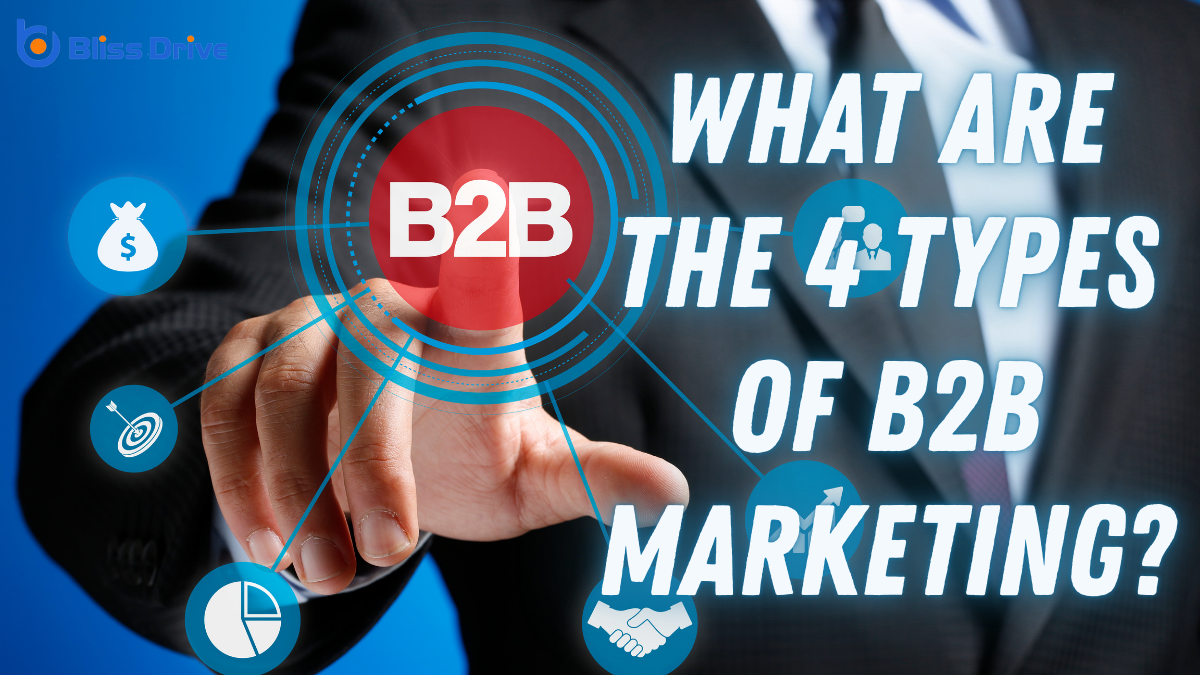Learn More About Us

When we consider the domain of B2B marketing, we identify four primary types: content marketingA strategic approach focused on creating and distributing valuable, relevant, and consistent content..., account-based marketing, social media marketingThe use of social media platforms to promote products or services, engage with audiences, and build ..., and event marketing. Each type offers unique strategies for engaging other businesses and driving growth. From crafting informative content to building relationships through targeted accounts and social interactions, these methods are key. But how do they truly impact your business? Let’s explore their potential and discover how they contribute to success.
Although many strategies exist within B2B marketing, content marketing stands out as a powerful tool for engaging and educating our audience. By crafting well-researched and relevant content, we can address our audience's needs and pain points, building trust and authority in our nicheA specific segment of the market targeted by affiliates to promote products or services..
It's not just about promoting our products or services; it's about delivering value that resonates with our readers.
Through blogs, whitepapersAuthoritative reports or guides that address complex issues and provide solutions., and videos, we share insights that help our audience make informed decisions. In doing so, we create a lasting impressionWhen an ad is displayed on a user’s screen. that positions us as thought leaders.
As we consistently provide meaningful content, we nurture relationships with potential clients, encouraging them to contemplate us when they're ready to purchase.
Content marketing is a cornerstone in fostering long-term business relationships.

Building on the foundation of content marketing, account-based marketing (ABM) offers a personalized approach to engaging specific high-value accounts. We focus on creating tailored experiences for each targeted client, enhancing relationships and maximizing returns.
ABM requires collaboration between sales and marketing teams to identify key accounts and develop customized strategies. By aligning our efforts, we can deliver content and solutions that directly address the unique needs of these accounts.
Here's how we can effectively implement ABM:
Social media marketing has revolutionized the way we connect with our audience, enabling us to engage with them on platforms they already frequent. By using LinkedInA professional networking site used for career and business networking., TwitterA microblogging and social networking service where users post and interact with messages known as "..., or InstagramA photo and video-sharing social networking service owned by Facebook., we can foster relationships and share valuable content that resonates with our target market.
It’s all about creating meaningful interactions that build trust and credibility over time. We focus on crafting content that speaks directly to our audience's needs and challenges, ensuring our message is both relevant and timely.
Social media also allows us to monitor conversations, giving us insight into industry trends and customer sentiments. By actively listening and responding, we can adjust our strategies in real-time, enhancing our overall marketing effectiveness.
Ultimately, social media is a powerful tool for driving brand awareness and generating leads.
While social media marketing helps us connect online, event marketing offers the chance to engage face-to-face, creating personal interactions that can strengthen relationships with our audience.
In-person events allow us to showcase our expertise and products directly to potential clients. By attending or hosting events, we build rapport and trust, essential elements in long-term B2B relationships.
To make the most of event marketing, consider these strategies:
These strategies can elevate our marketing impact.
In exploring the four primary types of B2B marketing, we've seen how each plays a crucial role in driving business growth and engagement. Content marketing lets us educate and engage our audience with valuable information. Account-based marketing helps us target high-value accounts with personalized strategies. Social media marketing allows us to build brand awareness and foster interactions. Finally, event marketing connects us face-to-face, showcasing our expertise and building industry relationships. Together, they create a powerful marketing toolkit.
